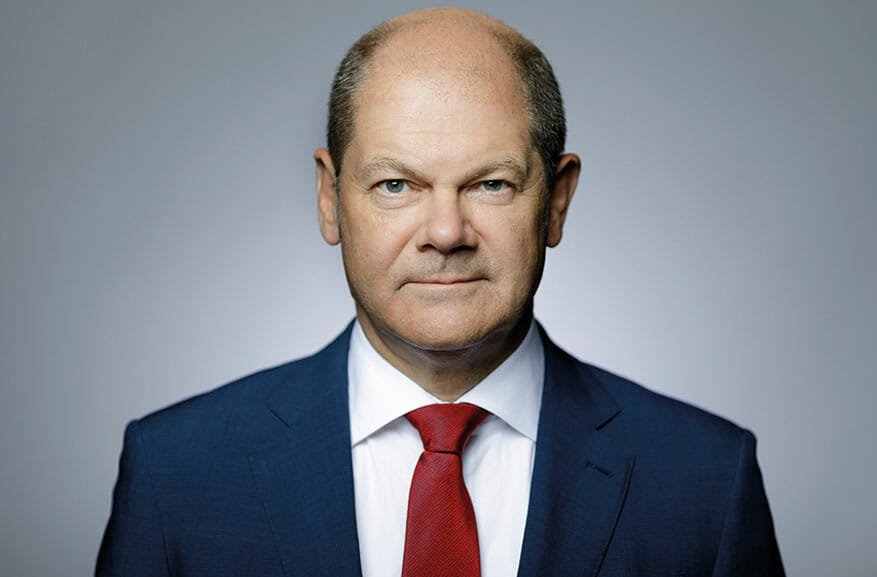Germany’s chancellor, Olaf Scholz, is going to China to talk about the Ukraine war and other issues.

NEW DELHI: The Russia-Ukraine conflict and China’s moves in the Indo-Pacific will top the agenda for German Chancellor Olaf Scholz’s February 25-26 visit to India, according to German envoy Philipp Ackermann.
Scholz will be accompanied by senior authorities and a high-powered business delegation consisting of 12 CEOs of big German corporations such as Siemens and SAP. Scholz will go to Bengaluru on Sunday following discussions with Prime Minister Narendra Modi on Saturday in New Delhi.
Scholz is making his first trip to India as chancellor. It is also the first independent visit to India by a German chancellor since the biennial inter-governmental consultation (IGC) mechanism was formed in 2011.
Ackermann told reporters that geopolitics and the harsh international environment will be one of the four important subjects that Scholz will discuss with Modi. The other three are business, climate change, and the migration of talented Indian workers.
“Russia and Ukraine will occupy a prominent position on the agenda,” he added, adding that Scholz will travel to India just after the first anniversary of the Russian invasion. “China will occupy a prominent place on the agenda,” he continued.
Ackermann stated that Germany views India as a “important and valued partner” for discussing such matters, and that the two nations share numerous problems in the Indo-Pacific area that have become the focus of bilateral military cooperation.
“When it comes to the China issue, we are concerned that Russia is becoming more dependent on China and is looking to China for new commercial opportunities,” he said, adding that there is a “risk” that Russia would become a “minor partner of China.”
Ackermann stated that while Germany would have preferred India to vote against the Russian invasion in the UN General Assembly and Security Council, it is the sovereign prerogative of any nation to vote or abstain on such matters. Notwithstanding these differences, Germany and India can still have a “intellectual and in-depth discussion” on the Ukraine crisis, and “there is a great deal of overlap in thought,” he noted.
In answer to a question, Ackerman stated that India’s decision to continue importing oil from Russia is “none of our business.” “What we would like to see is an Indian engagement at some point…India is a very appropriate candidate at some point to possibly come up with a solution, but I don’t think now is the time,” he said, citing Russian President Vladimir Putin’s lack of interest in negotiating a settlement to the conflict.
Ackermann stated that while the German government has been urging corporations to diversify from China to India, the firms continue to have misgivings due to “certain rules and tariffs” that prohibit more companies from entering India. Many corporate deals are anticipated to be signed during Scholz’s visit, as there is ample opportunity to increase bilateral commerce from its present level of 30 billion euros per year.
Germany is also looking to India to meet its demand for skilled labour, and Ackermann stated that legal migration must be improved and accelerated. There are already 35,000 Indian students in Germany, and another 18,000 will soon join them. Also, Germany has given 1,3 billion euros annually to finance climate transition and green energy initiatives in India.
Scholz will be given a ceremonial welcome in the forecourt of Rashtrapati Bhavan prior to bilateral, regional, and global affairs conversations with Modi. Scholz will call on President Droupadi Mureu. The two leaders will also connect with CEOs and business leaders.
According to the ministry of foreign affairs, Scholz’s visit would allow both sides to assess and advance major outcomes of the previous IGC, deepen security and defence cooperation, work towards deeper economic connections, and expand talent mobility prospects.



